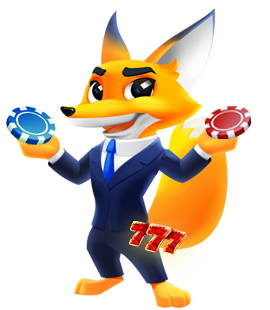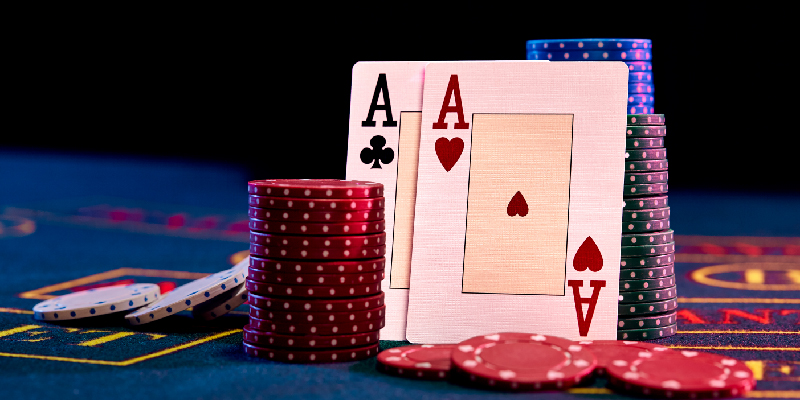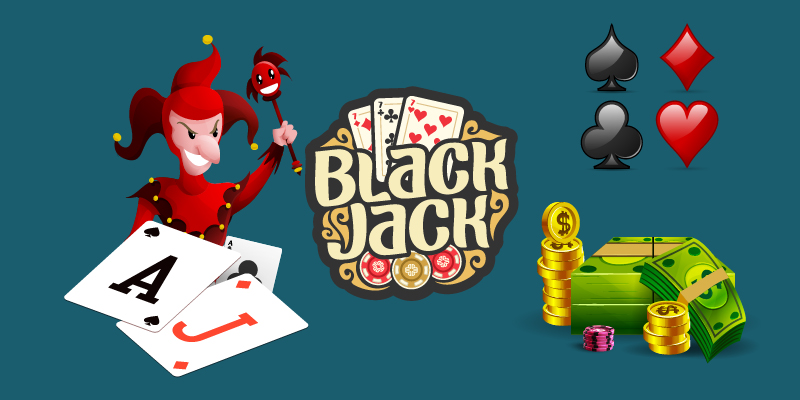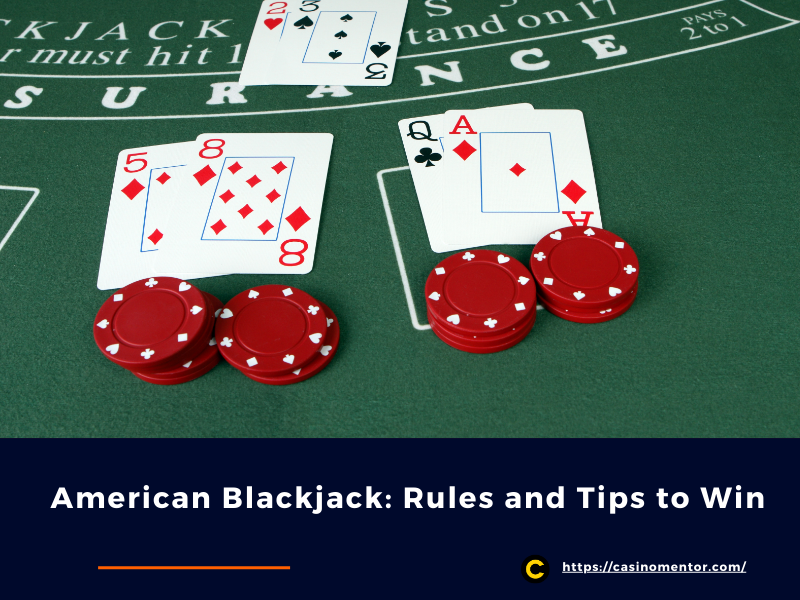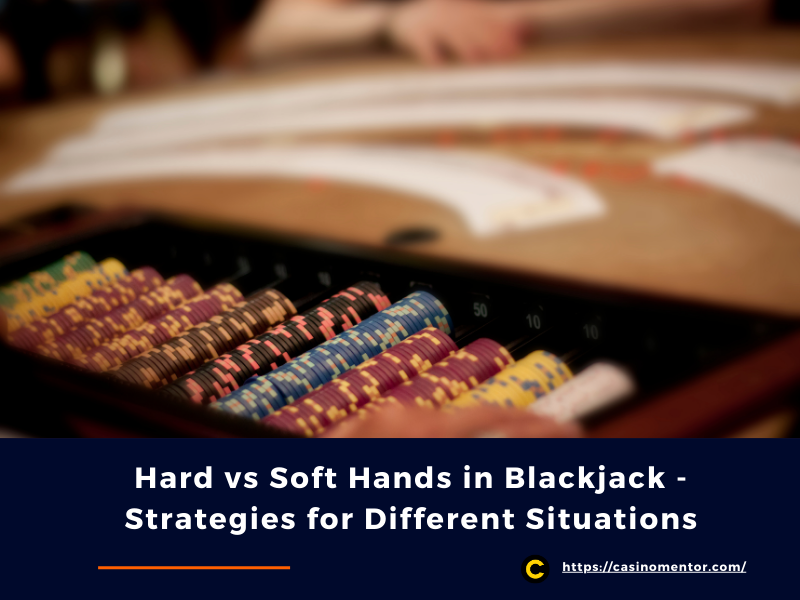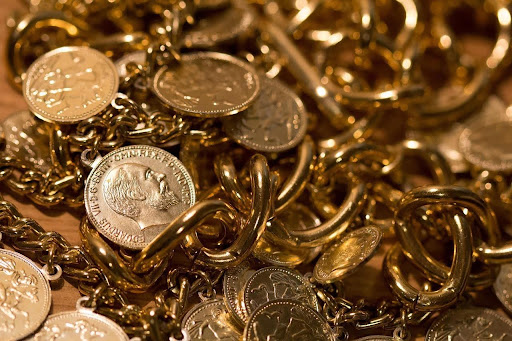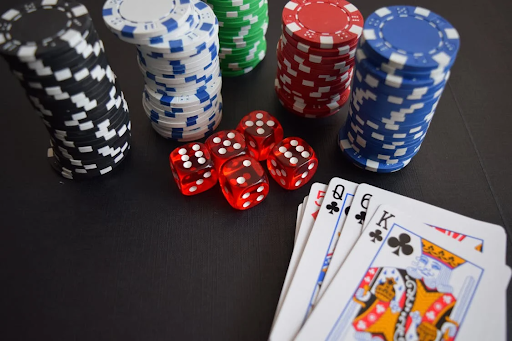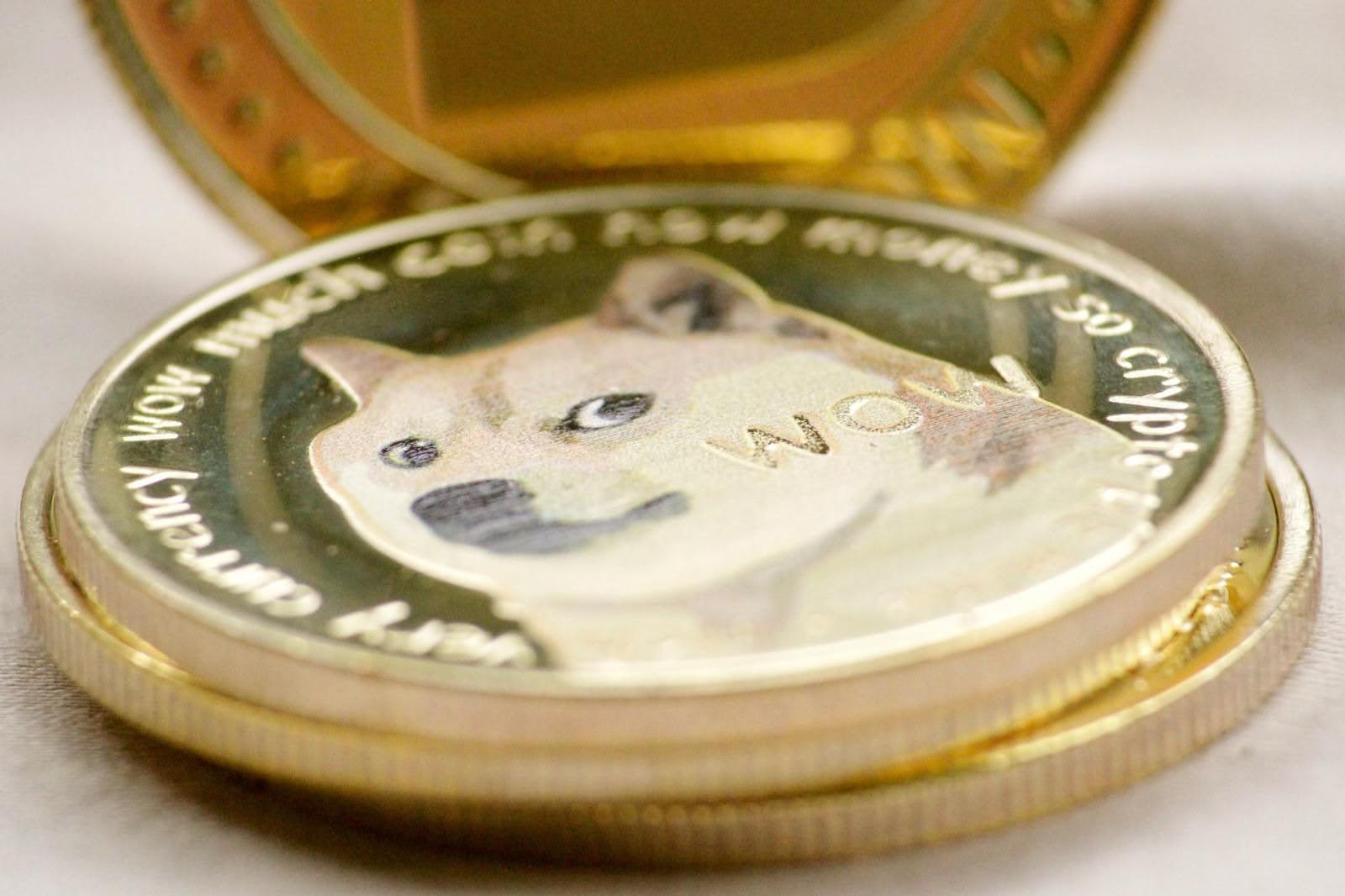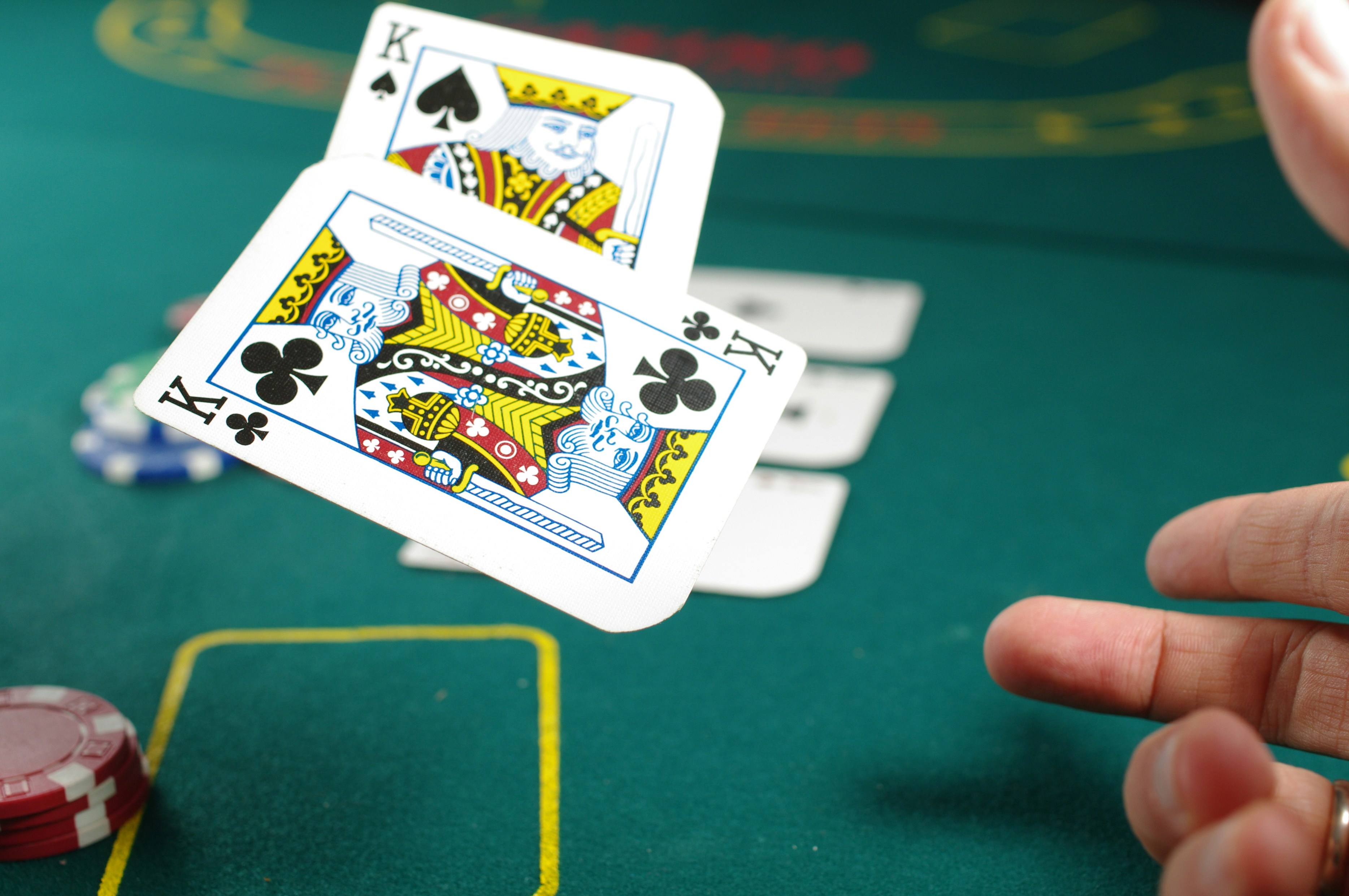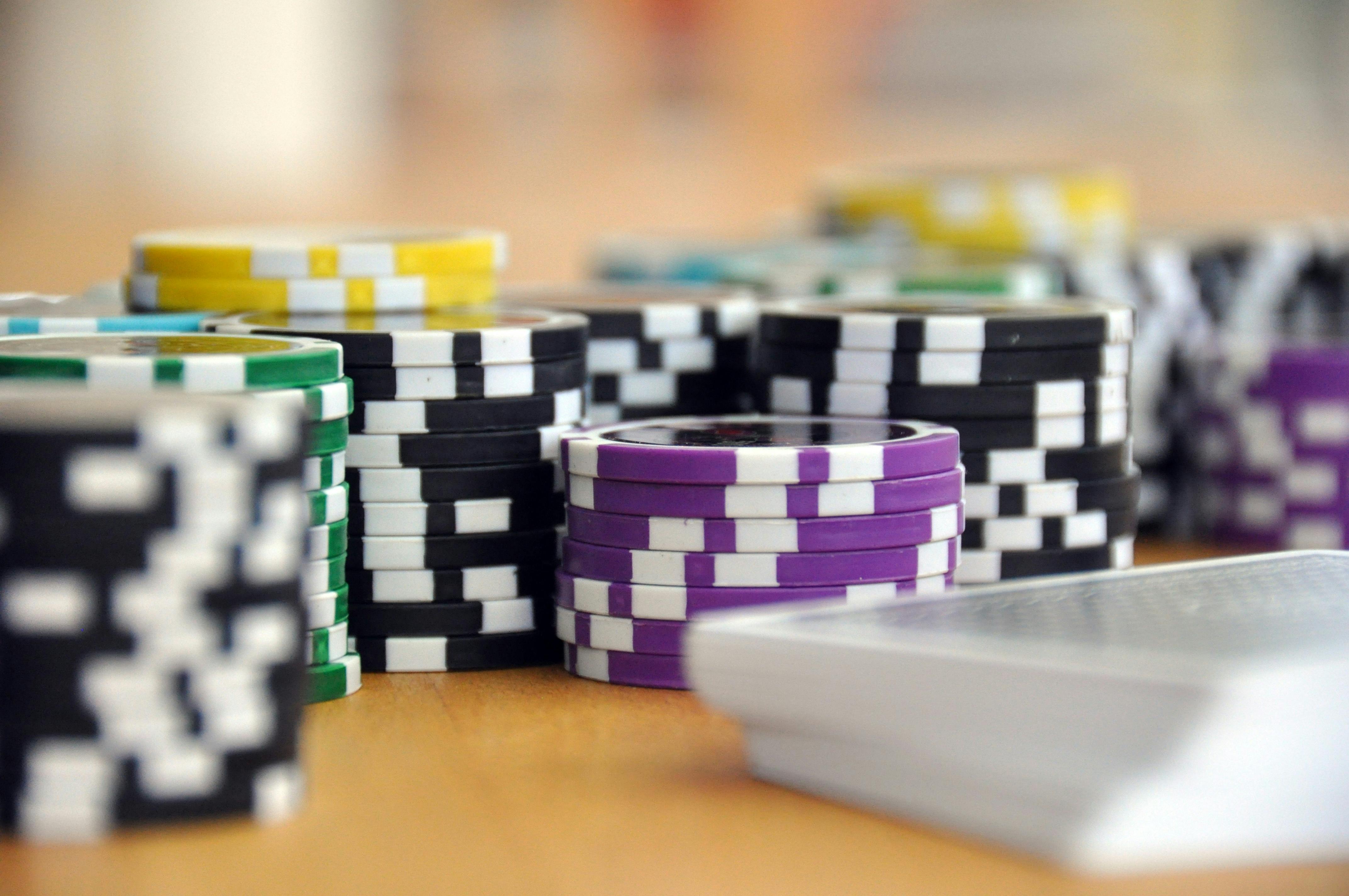What Is the Best Hand in Blackjack? | Detailed Expert Explanation
Blackjack games have always been an endless source of inspiration for mathematicians, statistics junkies, and professional gamblers because of their strategic nature. Unlike other casino games that rely heavily on luck, such as roulette, you can ultimately enhance your bankroll with memorization and proper application of expert strategies.
Finding the best Hand in Blackjack has been popular for many years and are continuously analyzed and improved by blackjack experts, so players have more and more advantages over the dealer. Even so, the primary thing you need to know before diving into these complex strategies is to learn how to recognize the strength of your hand. In other words, you need to compare the strength of your hand against the dealer's upcard. The stronger your hand compared to the dealer's upcard, the better your chances of winning.
Today's article will help you do that by highlighting the strongest and weakest hands in the game from the perspective of basic blackjack math and strategy. From there, you'll know what to do with these hands, get the most out of them, and avoid making the mistake of having them.
Basic Knowledge: What Are Hands in Blackjack?
First, let's get to the basics: What are hands in blackjack? A blackjack hand is made up of a minimum of two cards, their order does not matter. Each card provides a point value to the player, namely:
- Cards from 2 to 10: the value of the card is equal to its rank
- Face cards from Jack to King: 10 points.
- Aces: are either valued as 1 or 11, which is most advantageous for your hand.
The sum of the cards will determine the strength of your hand. You must make your hand worth as close to 21 as possible to win the game without going over 21. Also, your hand must be worth more than the dealer's hand. Both you and the dealer have the right to take an unlimited number of additional cards, but if your hand exceeds 21, you lose immediately. The same is true of the dealer.
Learn more about Blackjack Hands: Please read our article: Hard and Soft hands in Blackjack.

What Are the Best Blackjack Hands, and What to Do to Deal With These Hands?
First, let's talk about the strongest hands in the game. With these hands, you have the right to be more aggressive in your play when you already have a massive advantage over the dealer. However, be careful to avoid making mistakes with them. That can drastically impact your bets and your confidence in the next hand.
Blackjack vs. Any Non 10 or Ace Card
Based on the game's name, it is easy to understand that the best hand you can have is the natural blackjack. This hand is created by an Ace and any 10-point value card, including tens, Jack, Queen, and King. Once you own this hand, you don't even need to play the game. All you need to do is shout Blackjack!
In most cases, you will win the game instantly if the dealer doesn't have a natural blackjack like you. If you are so unlucky that the dealer also has the same hand as yours, you will tie, and your bet will be returned.
If the dealer does not have a natural blackjack, you will be entitled to the game's standard payout of 3:2. Besides, statistics show that you will easily get a natural blackjack once in about 20 games in a row.
The Hard 20 vs. 8
The hard 20 hand consists of two cards worth 10 points. Out of all the cases of the dealer's upcard, this hand gives you the most advantage when the dealer's upcard is 8. Specifically, according to statisticians, you have up to a 79.18% chance of winning the bet. such cases. The only way for you to lose to the dealer is when they have 21, which is quite rare.
While this hand almost certainly gives a big advantage to the player who owns it, some gamblers still throw away the advantage they have with the act of splitting. This wrong action can quickly reduce your chances of winning the game. The best and simplest thing you should do in this case is stand.
The Hard 20 vs. 7
Almost the same as the case above, the hard 20 hand, if played against 7 of the dealer's upcard, gives you a 77.32% chance of a big win. The key to getting a 7 here is because the game rules dictate that the dealer must be out of a total of 17. While 10-point value cards are the most common in the deck, the probability that the dealer's hole card is a 10-point card is relatively high. In that case, you will definitely win the game when the dealer's remaining card is a 10-point card.
In other cases, the dealer will have to take more cards if their total is less than 17. If that happens, the chances of the dealer's hand exceeding 21 are pretty high, and you will still be the winner in the end.
Just like the case above, you can simply stand and wait for the results from the dealer instead of taking other actions, which can reduce your chances of winning.
What Are the Worst Blackjack Hands and the Strategies?

Below, we will summarize the 5 worst hands in the game. However, don't panic when you have these hands. Instead, follow our guidelines to take advantage of the few remaining advantages, or at the very least, reduce the potential loss.
Pair of 8s
At this point, your total is 16, a sum considered one of the worst in the game. Taking an extremely high risk that your total will exceed 21. Therefore, experts recommend splitting a pair of 8s.
The reason is simple: you will have two chances to make stronger sums if you do. With that said, 10 cards make up most of the deck, and you have a great chance of landing either hand or both at 18. If you are lucky enough to have an extra Ace, you will have a total of 19, a hand strong enough for you to think about beating the dealer.
16 vs. 10
This is one of the worst situations that no player wants to encounter. Let us analyze it more closely. In this case, the only way your hand doesn't go above 21 is to draw a 5 or lower card, a pretty unlikely probability. Meanwhile, the dealer cannot go bust, regardless of the dealer's hole card. Statistics show that, in most cases, the dealer will land between 18-20 points.
Therefore, your only hope is to wait for Lady Luck to be on your side when you draw one more card less than or equal to 5 and wait for the dealer's hole card to have a low value. However, statistics show the opposite, when you only have a 0.5398% chance of winning when falling into this situation.
If you feel drawing one more card is too reckless for your bet, you can choose to surrender if possible.
The 16 vs. Ace
Another unlucky case is that you have a total of 16 against the Ace of the dealer's upcard. If this happens, you will have very little choice but to make a powerful hand while the dealer seems to have all the cards in the deck to do so.
Statistically, you have only a 0.5171% chance of winning in such cases. The advice is simple and repeatable: surrender if you can. However, if you don't care much about winning or losing, accept the risk of getting a win full of surprises and emotions.
The 16 vs. 19
In this case, you will only have a 0.5093% chance of beating the dealer. Like any other time you have a total of 16, you have very few options for creating a competitive enough hand. On the opposite side, the dealer has plenty of chances to draw a 10-point card that ends at 19, a number that is very difficult to beat unless you hit a 4 or 5.
Starting With Hard 14
It's not a bad start, but it leaves you wondering whether to stand or hit. Depending on the dealer's upcard, you will have two different dealings in this case. If the dealer's upcard has a low value, between 2 and 6, you should stand. The reason is that the dealer's hole card is highly likely to have a high value, forcing them to draw a third card and risk going bust. Conversely, if the dealer's upcard has a high value, from 7 to Aces, you should hit for more chances of winning.
If possible, split a pair of 7s to increase your chances of winning with both hands, on the basis that you'll land at 17.
Conclusion
Any blackjack hand has a mathematical value that considers the player's advantage over the dealer. If you have enough knowledge of the game, you will increase your chances of increasing your profits by knowing the strength of your hand and how to handle each particular situation.
Generally speaking, if you have a strong hand, bet aggressively. Conversely, if you feel your hand has little chance of beating the dealer, you should surrender or bet a small amount to wait for luck.




